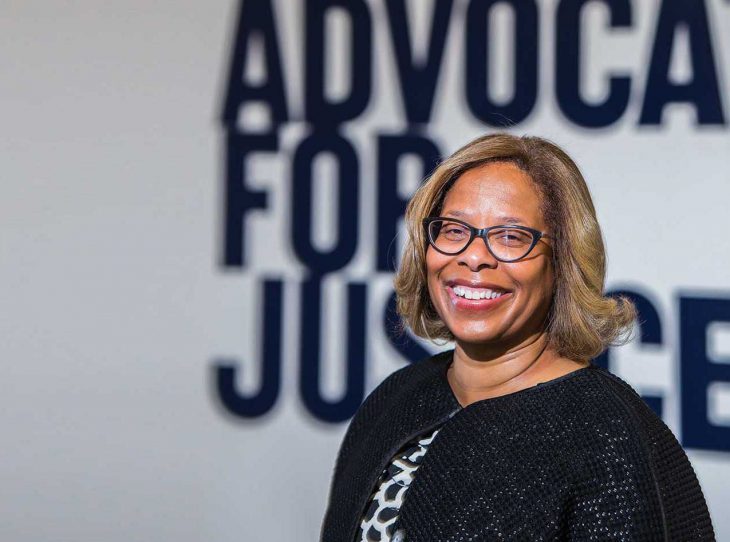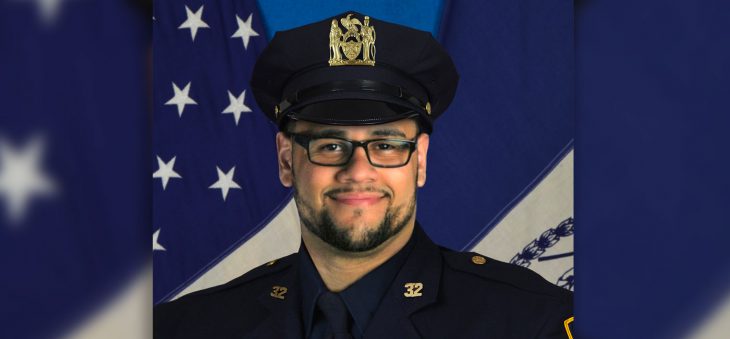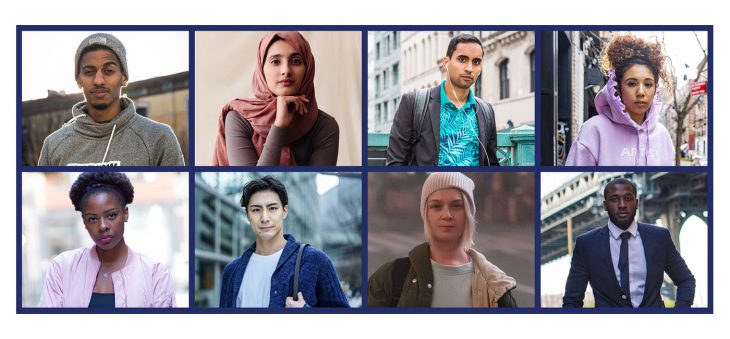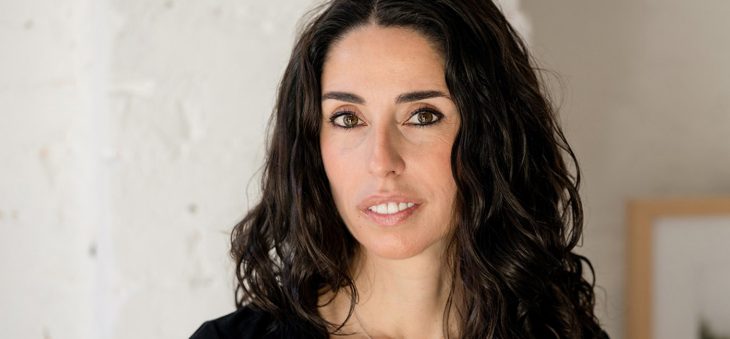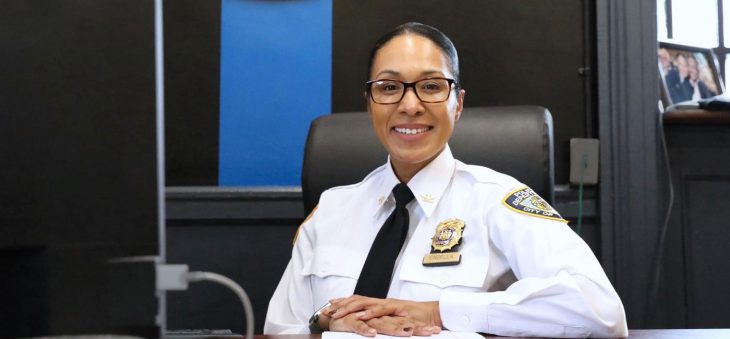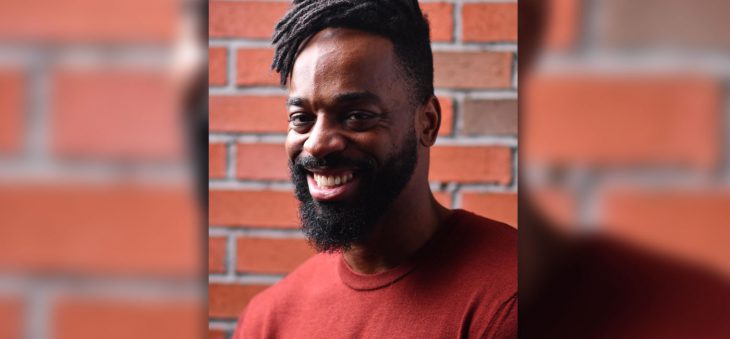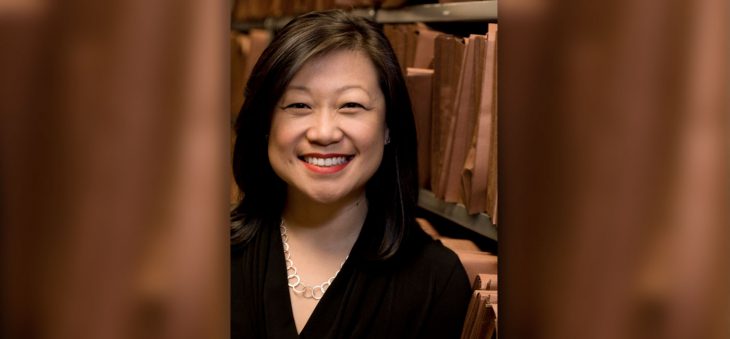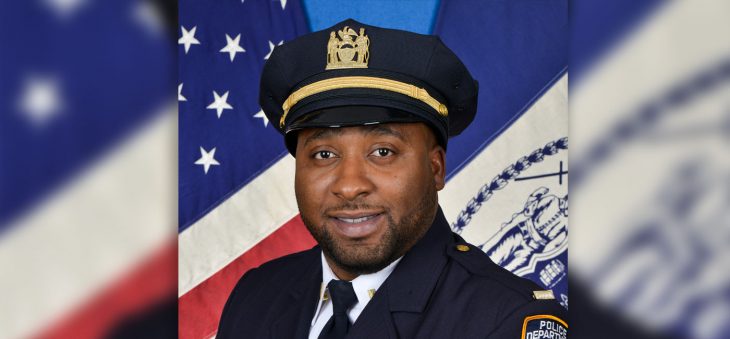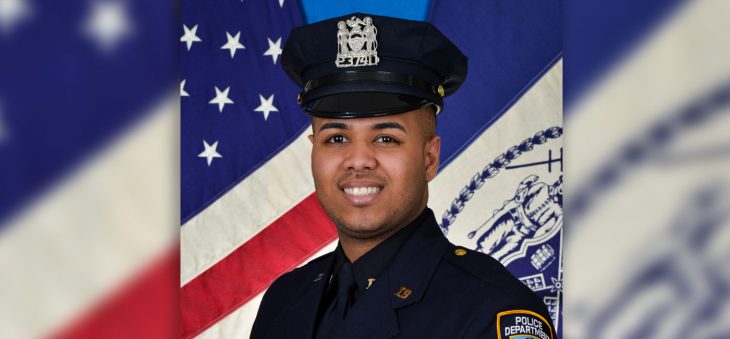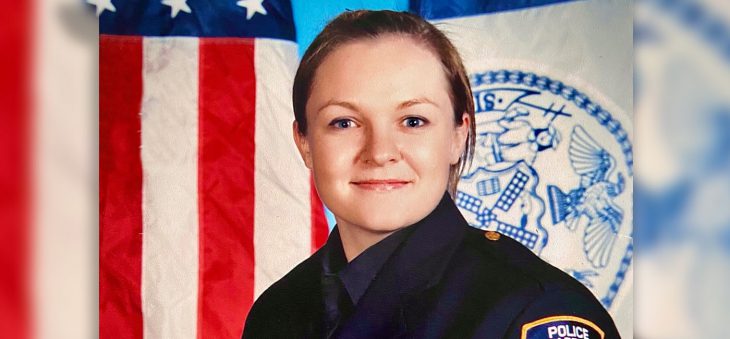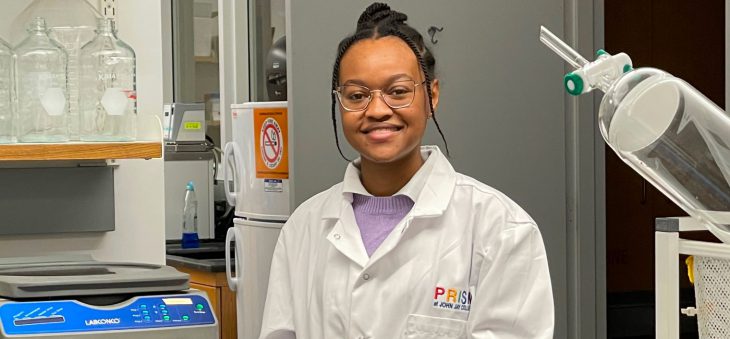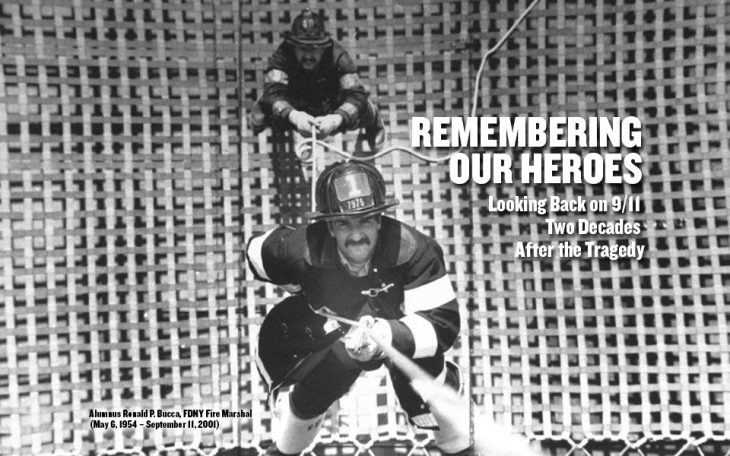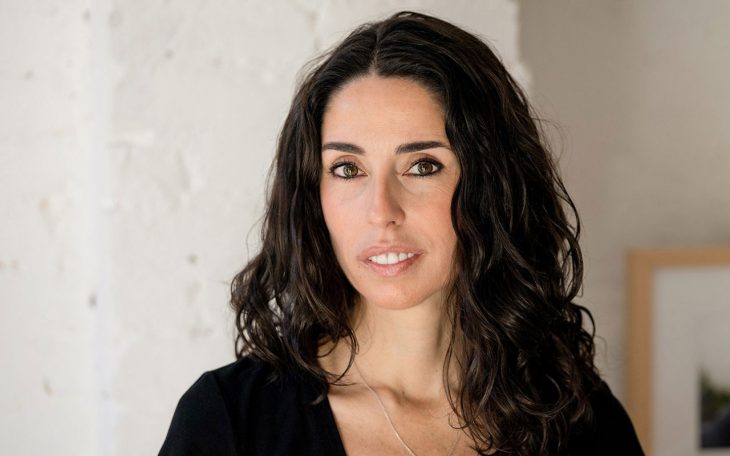Seeking to create a fairer, more equitable criminal justice system, the IIP is dedicated to transforming prosecutors’ roles in the criminal justice system.
By Jocelyn Key
Since the inception of John Jay’s Institute for Innovation in Prosecution (IIP) in 2016, through a partnership with the Manhattan District Attorney’s Office, its goal has been to improve the criminal justice system by uniting prosecutors and communities. And since Lucy Lang, Executive Director of the IIP, joined the team, the Center has been at the forefront of reimagining the role of prosecution. “For many years, prosecutors have served only in the courthouse function and have been unintentionally exacerbating the problems of mass incarceration and racial disparities in the criminal justice system,” says Lang, noting that her understanding of this came during her time as Assistant District Attorney at the Manhattan DA’s Office. “I was working on a homicide case and realized that I had become very detached from the people who had committed the murder,” she says. “There was no question that there needed to be consequences for the crime, but this experience showed me that I needed to spend time in prisons to understand how to make better decisions where we are really holding people appropriately accountable and not just being punitive for the sake of punishment.”
Partnering for Criminal Justice Reform
One of Lang’s first projects at the IIP was “Inside Criminal Justice”—a semester-long course that expanded on her previous work of bringing prosecutors and criminal justice-involved students together to study the criminal justice system. “I created this class when I was at the Manhattan DA’s Office, because I became increasingly aware of the importance of education in prison. These students, the community members, and the frontline prosecutors are the people closest to these problems. They are also the people who are most likely to be able to solve them,” says Lang. Working with the Queensboro Correctional Facility, Columbia Center for Justice, and Manhattan DA’s Office, participants take part in discussions and projects on the history of race and punishment in America. At the end of the semester, students present their project, receiving a certificate of completion and college credit.
As an advocate for bail reform, the IIP is working with the Data Collaborative for Justice to use data to improve policies that stem from the “War on Drugs” campaign. “A lot of policies made in the ’70s through the ’90s, were in response to people’s feelings about the climate of crime. They targeted those in minority communities creating barriers for housing, employment, and education upon release. Unfortunately, those consequences are still felt today,” says Lang, adding that these policies led to our current mass incarceration issues. Looking at mass incarceration, one in three black men and one in six Latinx men face the likelihood of being incarcerated, when compared to one in 17 white men. And for women, this likelihood is one in 18 for black women and one in 34 for Latinx women, when compared to one in 111 for white women.
Working Toward a Fairer Future
To address the factors that contribute to police use of force, the IIP convened a Working Group comprised of family members of police brutality victims, policymakers, prosecutors, and law enforcement, and published a “Toolkit” to prevent officer-involved tragedies and ensure appropriate accountability. And, through a recent partnership with the Vera Institute for Justice, the IIP is looking forward to creating materials to educate prosecutors on the history of race and the criminal justice system. “All of these initiatives go towards encouraging prosecutors to really think about themselves as people who are serving their community,” says Lang. “I hope that the IIP can play a critical role in beginning to dismantle the punishment bureaucracy of which prosecution is a critical part, without compromising public safety and the ability of criminal justice-involved individuals to thrive in their community upon reentry.”

